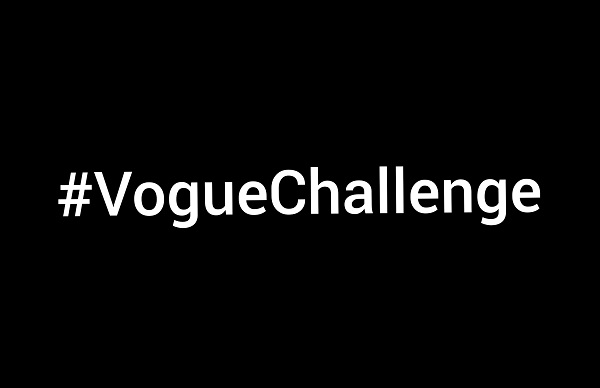
Fashion
SUPPORT AFRICAN MAGAZINES: WHY A SECTION OF KENYAN FASHION DESIGNERS ARE NOT IMPRESSED WITH #VOGUECHALLENGE
If you’ve opened up social media app this week, you’re likely to have seen #VogueChallenge where a section of Kenyan fashionista’s have posted their stylish photos with Vogue covers.
The challenge began with a tribute to the Black Lives Matter movement by Salma Noor who posted a black and white with the Vogue logo and a headline, ‘being Black is not a crime’ to protest.
While the challenge has gone viral in Kenya, a section of local designers were not impressed with #VogueChallenge.
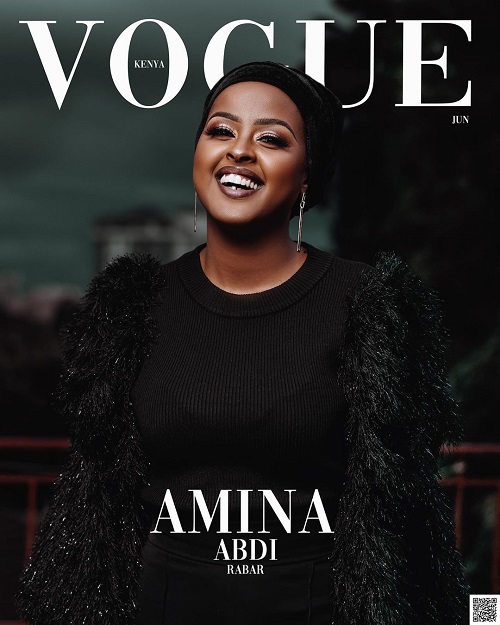
Iona McCreath a fashion designer at Kiko Romeo said, “I also can’t seem to understand the dire need for approval we seek from the westernized frameworks of fashion. From textile that is meant to symbolise ‘all things African’ to now needing a platform that can do the same, why are these things continuously yearned for from foreign frameworks that do not represent us and haven’t represented us, until recently in a favourable light.
I see the #VogueChallenge going around. I can’t quite understand why we’re all still fixated on the approval and association with that vogue brand. Yes, it’s role in the fashion world has been undeniable and it still is. But why is it the be all and end all?
Why does fashion always have cumulate into it? As with everything there are many spaces that need to be occupied in order for an industry to flourish. When it comes to high fashion magazines, focused on artistry as opposed to celebrity gossip, what do we currently have? To name a few: @nataalmedia @lemagazinenoir @milcmagazine Please tag more!”
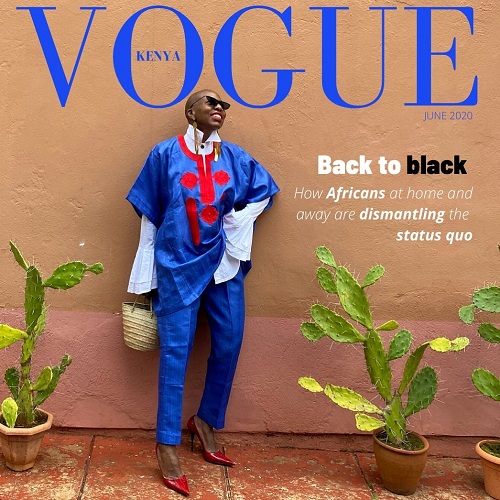
Diana Opoti the founder Design Africa Collective made the decision to support African magazines, “So I have been thinking about this a lot, the last 24 hours. If I ever featured on a cover. F**k representation of minority.
I get the need for fashion photographers and models to get featured as it’s a validation of their work and opens them up to bigger markets and more work opportunities.
But as a woman? I want Vogue to talk to me to respect my culture, my community or designers, my body, my skin colour…beyond profit or topic relevance.
I want it to count where it matters most. I want my brand to support and contribute towards sales of local brands, and a publication, to speak to young women who want to be like me not the quarter representation.
The real in a voice that speaks to *her* as she lives “her” life. Too many times we are forced to ‘live up to ideals ‘. Are these our values? Beyond covering fashion, what exactly has Vogue or international press celebrated about black women?”
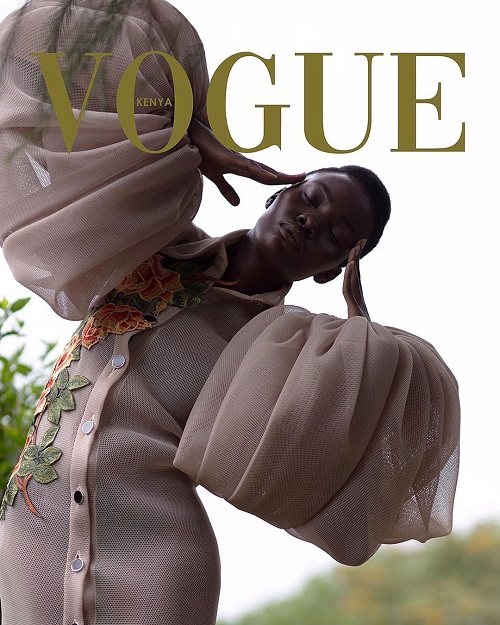
Senegalese fashion designer Adama Ndiaye popularly known as Adama Paris also supported an African Magazine, “I’ve decided to promote African Magazines instead of Vogue and launch the #Africanmagchallenge.
So, we can make more visible our great Magazines hope y’all will do the same with your favorite African Mag. Let’s more talk about us proudly African trully international.
Thanks @milcmagazine for this awesome cover #milcchallenge #africanmagchallenge #adamaparisparis photo by my dear friend @marioepanya #blackartmatters.”


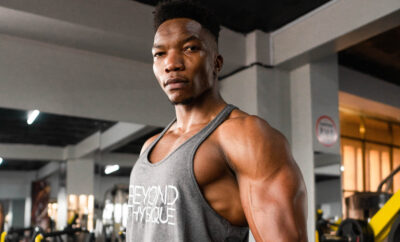
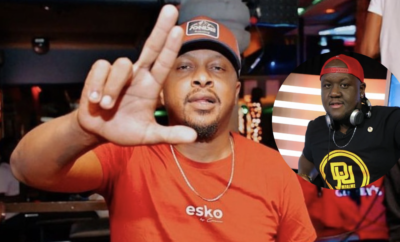





0 comments